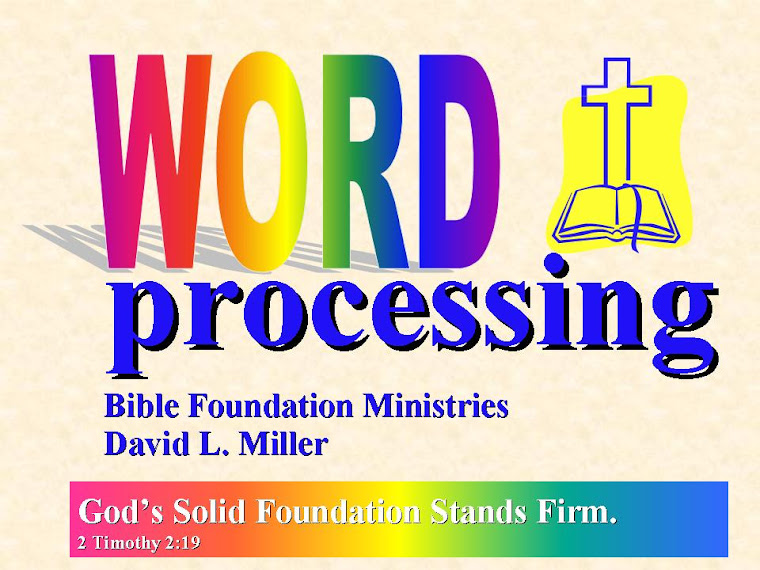I enjoyed the movie, "The Truman Show" which featured Jim Carrey. It involved an unwanted baby who was taken to a hidden lot on a faraway island and given a make-believe family. His life was turned into a TV show. Everyone watched as the producer controlled his life. One day, Truman began to realize that something was up. He realized what was going on and began to struggle to break free of his chains.
Fighting him every step of the way was Christophe, the producer. Finally, we cheer as Truman finds the end of the set and escapes to a life of freedom.
Cool movie. But was there a point? I believe there was. Notice the name of the producer who usurped control over Truman's life. CHRISTophe. Coincidence? I believe that there is a moral behind the movie. God (or at least religion) tries to usurp control over our lives. We need to break free of contraints of the church and of the concept of god so we can all be free.
When you try to evangelize today, people will respond as if you are unfairly asking for control over their lives. "Who are you to tell me how to live?" "How do you know your way is the right way?" "Why can't you just live by your truth and let me live by mine?"
Here's the question: do we have the right to share the gospel? Do we have the right to tell people that Jesus is "the Way, the Truth and the Life?" Do we have the right to tell them that Jesus is the "only name under heaven given to men by which we must be saved?" Or are we like Christophe, trying to control the lives of others unfairly.
The Bible makes it clear. God created us. Because we are his creation, he has the rights of the Creator to govern creation. God redeemed us, sending Jesus to the Cross to die for our sins and to rise again. God exalted him to the highest place and declared him Lord over all. Because he created us and redeemed us, he has the right to control us. He has the right to demand that he be Lord of all.
The Great Commission begins with these words, "All authority in heaven and on earth has been given to me. Therefore, go..."
When someone commits a crime, the government issues a warrant for his arrest. The authorities take this document, which gives them the right to detain, arrest and incarcerate, and serve it to the offender.
That is what evangelism is. "The government will be upon his shoulders." He is the rightful Lord and ruler of all. Written on the parchment of his Lordship in the blood shed on the cross, he has issued warrants.
We are the divine process servers. Our job as Christians is simply to deliver the warrants. We have every right, regardless of what people think, to issue warrants to every man or woman on earth. Jesus is their rightful Lord, whether they believe it or not.
Our authority to evangelize rests in Christ's authority over all the world. Go out and arrest someone for Christ today. (Don't detain them - that's the Spirit's job!)
Tuesday, April 29, 2008
Subscribe to:
Post Comments (Atom)


4 comments:
Actually I think you've missed the point of the film. It's not actually a critique of religion - but a critique of the media, using religious motifs in order to bolster this critique.
Christof does represent a "god-like" figure, but his efforts and work go into producing a TV show. He represents those in the media who make decisions as to what we see and hear on the small screen.
Of course, this is not to say that religious issues like free will, sin, epistomology, theodicy and determinism are not explored in some way during the film - they are, it's just that they are used not to critique religious faith but the role of the media in determining what is "reality" and what is not. The message of the film is that the media act like a false god, manipulating "truth" for their own, selfish, ends.
BTW - Truman was not actually on a "faraway island" - he was inside a massive domed studio fictionally located north of Hollywood. He thought he lived in a place called "Seahaven", a small but bustling town located on an idyllic island off the coast of America (but joined to the mainland by a road bridge). Seahaven was, however, a gigantic studio located inside the massive dome.
Also, Truman himself was a "Christ figure". When Truman is stuck on the boat underwater, it is as though he "dies", and when the boat goes upright, Truman "comes back to life" while in a crucified pose. Later he "walks on water". Christof, the "god" of the Seahaven universe, sees Truman as his "son".
You are one of the few people I know who actually picked up on this. When I was working through hermeneutics in college a few years back, Truman was one of the films that I worked through to understand narrative. It is obvious that Christof is a god-like figure, especially when you listen to his final dialogue with Truman. Also, notice that he knew what was best for Truman and created a world for him. Christof used Truman's fear of water to keep him there. Truman had to overcome his fear of death to leave that world and enter into the "real world".
It is a movie against theism, but particularly Christian theism ("Christ-of"). As such, the use of the media motif is really parabolic or allegorical. Truman is not a Christ-figure, for though Christof refers to him as a son, Truman ultimately rejects him.
That meaning sure seemed clear to me.
Post a Comment